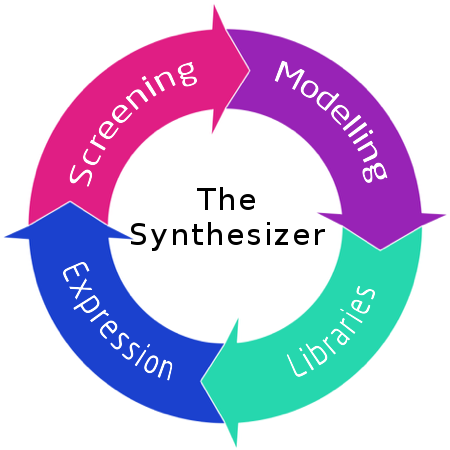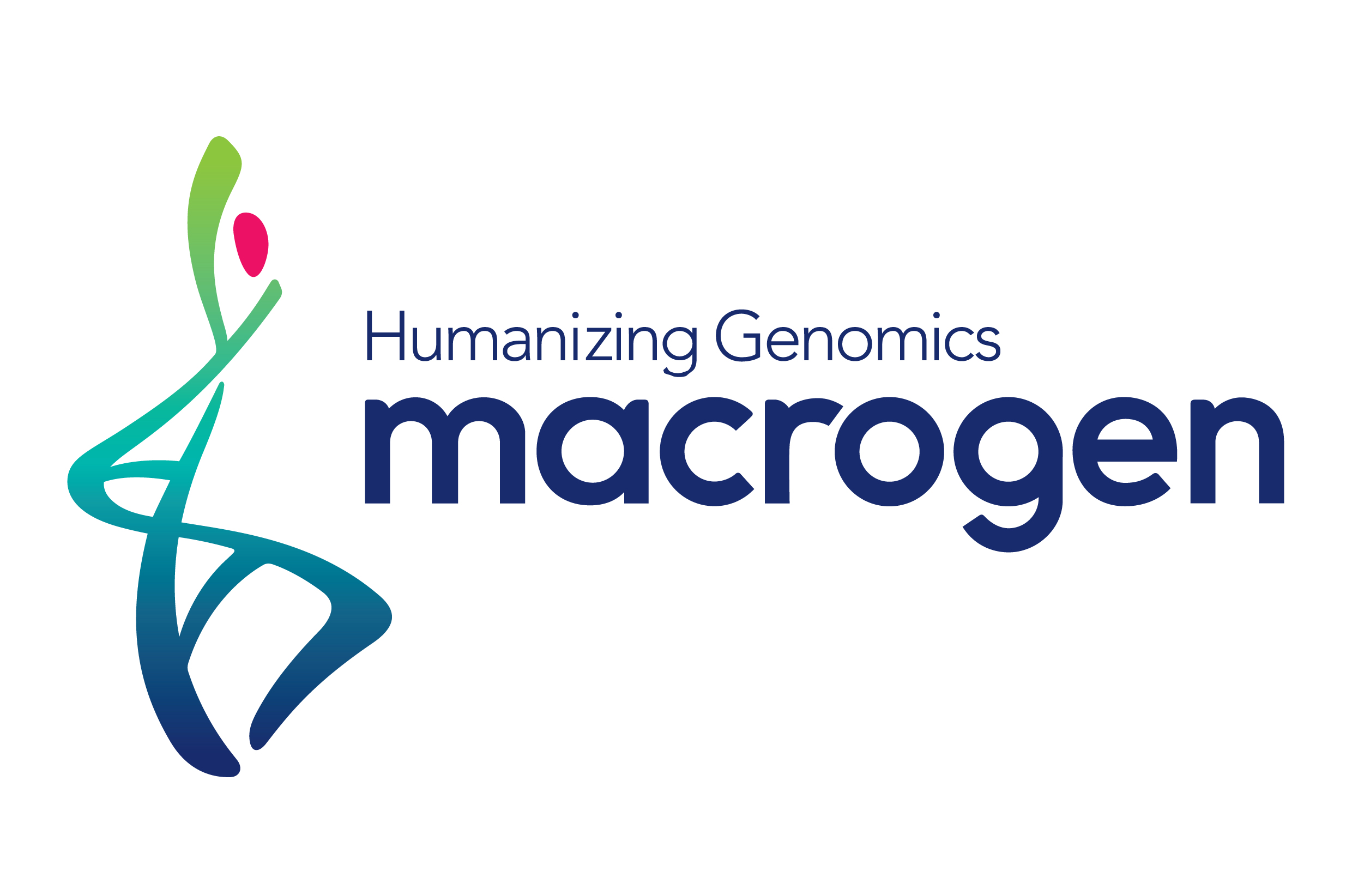Difference between revisions of "Team:DTU-Denmark/Project/Overview"
| Line 189: | Line 189: | ||
<li > | <li > | ||
<a href="/Team:DTU-Denmark/Achievements" | <a href="/Team:DTU-Denmark/Achievements" | ||
| − | > | + | >Key Achievements |
</a></li> | </a></li> | ||
<li > | <li > | ||
Revision as of 04:00, 19 September 2015
Project
Introduction
Over the summer we worked with nonribosomal peptide synthetases (NRPSs). We developed a B. subtilis strain capable of oligo-mediated genome engineering and used this strain to alter a NRPS. We also investigated methods of screening for novel products with desired activities.
Background
Nonribosomal peptide synthases (NRPSs) are large multimodular enzymes that synthesize nonribosomal peptides, which are short bioactive peptides with a broad range of functions, including antibiotics, immunosuppressants and anticancer drugs.
MAGE subtilis
Multiplex automated genome engineering (MAGE) utilises cyclical recombination with short oligonucleotides in order to achieve a high allelic replacement efficiency and can be used to quickly generate cell populations with varying phenotypes. We introduced oligo-mediated genome engineering into Bacillus subtilis.
Surfactin
In order to verify that we could alter specificities of nonribosomal peptide synthetases to produce novel compounds, we used oligo-mediated recombineering to alter the surfactin peptide of B. subtilis.

Tyrocidine
Tyrocidine is a mixture of non-ribosomal peptides. It can only be used topically due to its toxicity. We sought to express the tyrocidine synthase cluster in B. subtilis to make novel derivatives with oligo-mediated recombineering.
Lab-on-a-disc
Lab-on-a-disc is a concept of a screening method for our MAGE method to distinguish bacterial colonies producing non-ribosomal peptides (NRPs) of interest. Simple technology and science behind this has a potential to screen a few bacterial cultures at the same time.
Intein
When one method fails the Synthesizer team come up with a new idea! Alternative approach of generating short cyclized peptides with similar length to tyrocidine by using self-splicing proteins. Inteins are such short self-splicing proteins that have no function in the proteins they are a part of, besides catalyzing their own excision after translation. The splicing makes a peptide bond between the two adjacent amino acids next to the inteins.
Detection of NRP
Separation and identification of our non-ribosomal peptide synthetase (NRPS) products was determined by ultra-high performance liquid chromatography with diode array detection coupled to quadrupole time-of-flight mass spectrometry (UHPLC-DAD-QTOFMS). NRPS variants were identified by changes in mass/z and column retention time.
Department of Systems Biology
Søltofts Plads 221
2800 Kgs. Lyngby
Denmark
P: +45 45 25 25 25
M: dtu-igem-2015@googlegroups.com












